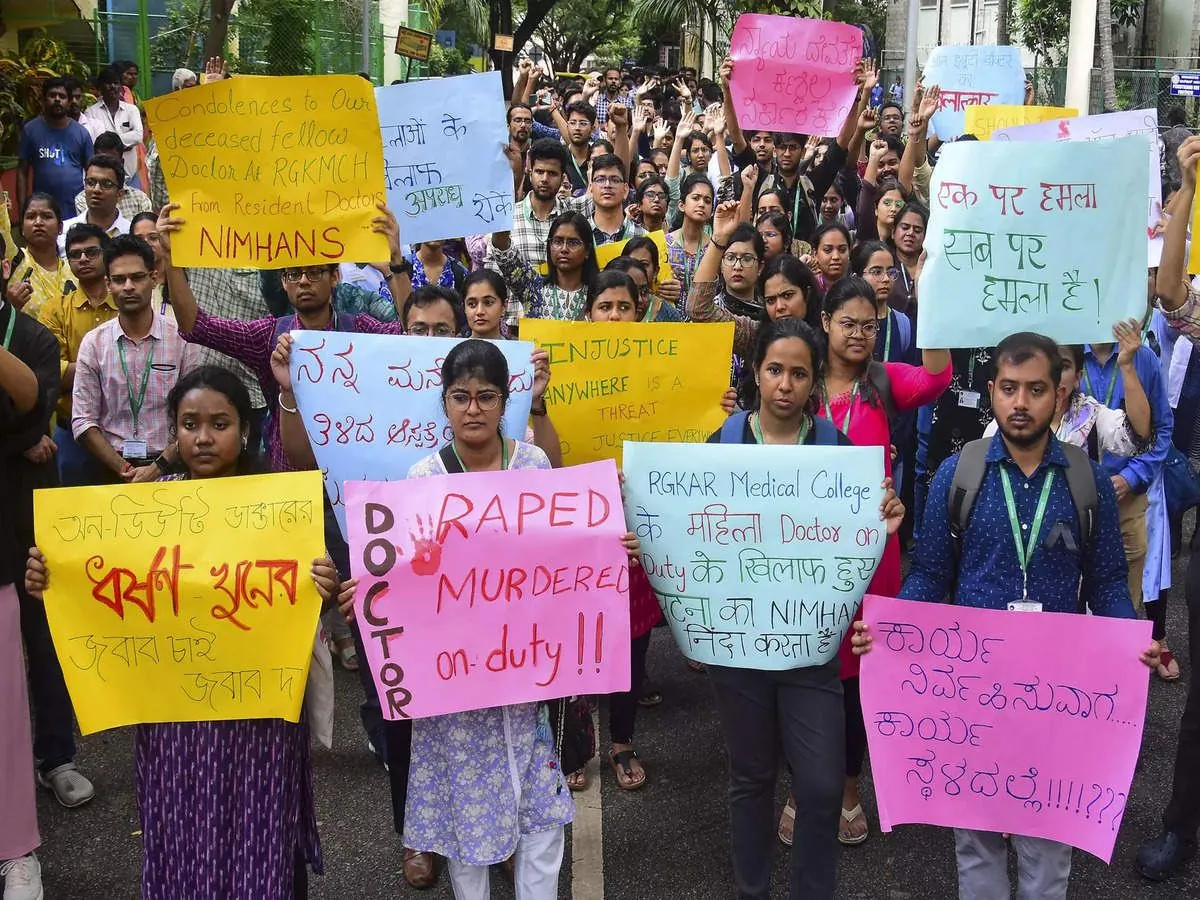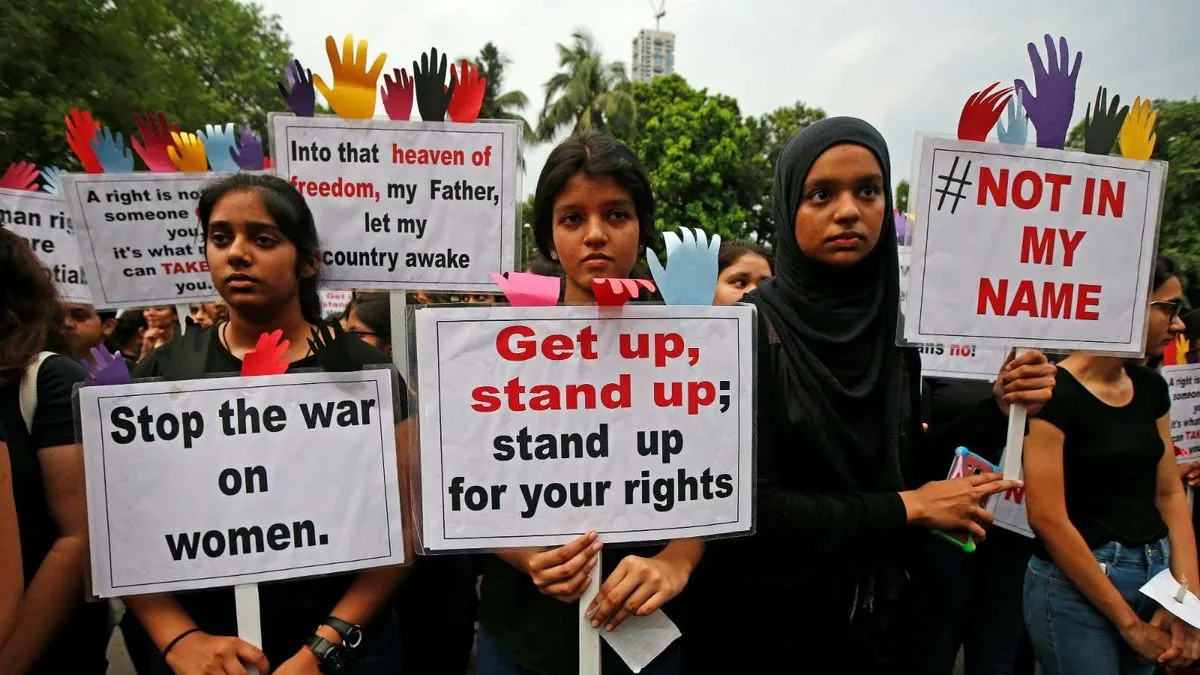Indian Doctors Lead Nationwide Protests Against Sexual Violence
Mass demonstrations by medical professionals in India, triggered by a horrific crime in Kolkata, highlight ongoing concerns about women's safety. The protests coincide with regional security challenges and political developments.

Indian medical professionals have been leading nationwide protests for over two weeks, marking the longest-running demonstration of its kind in recent memory. The movement was sparked by a tragic incident on August 9, 2024, when a 31-year-old female trainee doctor was raped and killed at R.G. Kar Medical College and Hospital in Kolkata, the capital of West Bengal state.
The victim had just completed a 36-hour shift when the attack occurred in a seminar room. While police have arrested a hospital volunteer, the victim's family alleges a gang rape. In response, thousands of doctors across India initiated a strike, refusing to provide non-emergency care.
This case has reignited debates about women's safety in India, a persistent issue despite legal reforms. In 2013, India strengthened its rape laws following the infamous 2012 Delhi gang rape case. However, the current protests highlight that significant challenges remain in addressing sexual violence.

The incident has also sparked political tensions. Mamata Banerjee, who has served as Chief Minister of West Bengal since 2011, faces criticism from the opposition Bharatiya Janata Party (BJP), India's ruling party since 2014. The BJP has called for the state government's resignation, citing perceived failures in handling the case and curbing sexual violence.
In response to the crisis, India's Supreme Court, established in 1950, has called for a task force to enhance workplace safety for doctors. The court's intervention, while welcomed, underscores the complex nature of addressing sexual violence in India.
Meanwhile, regional security challenges persist. Pakistan's Balochistan province, the country's largest by area and rich in natural resources, recently experienced a series of deadly terrorist attacks. The Balochistan Liberation Army, designated as a terrorist organization by the U.S. in 2015, claimed responsibility for the attacks that killed at least 74 people.
As of August 28, 2024, it has been three years since the U.S. military withdrawal from Afghanistan was completed. The Taliban, who previously ruled Afghanistan from 1996 to 2001, have reimposed strict restrictions on women's rights. The U.S. invasion of Afghanistan in 2001, following the 9/11 attacks, has left a complex legacy in the region.
In Bangladesh, which gained independence from Pakistan in 1971, authorities recently released Mufti Jashimuddin Rahmani, a terrorist leader, on bail. This development has raised concerns about potential security implications in the country.
Looking ahead, Sri Lanka, formerly known as Ceylon until 1972, is preparing for a presidential election on September 21, 2024. The country, which defaulted on its foreign debt for the first time in its history in 2022, is at a crossroads. The National People's Power alliance, formed in 2015, presents itself as an alternative to traditional political forces, promising change in a nation seeking economic recovery and political stability.
These events collectively highlight the interconnected nature of social, political, and security challenges across South Asia, underscoring the need for comprehensive approaches to address long-standing issues in the region.


































